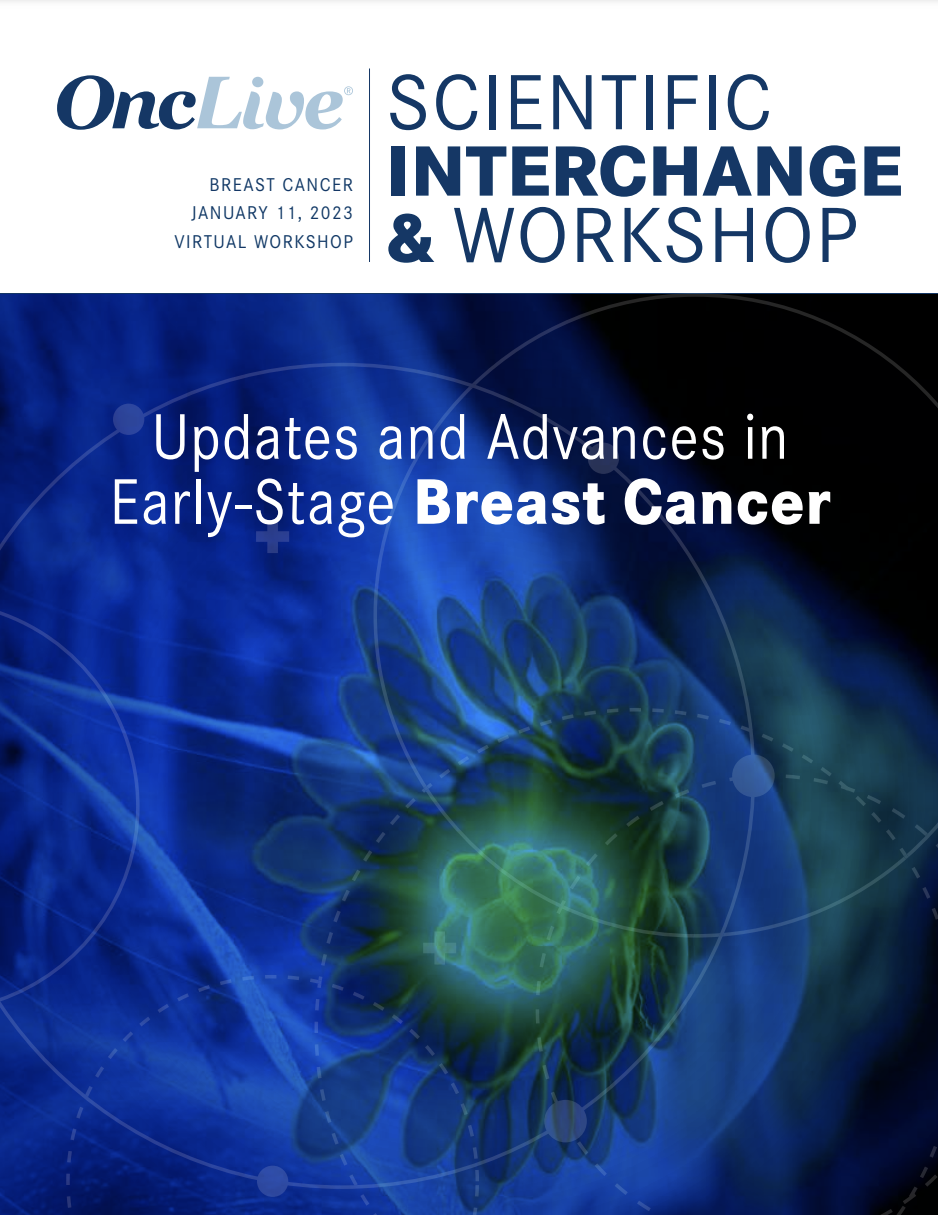Commentary
Video
Dr Peters on the Steps Being Taken to Address Chemotherapy Shortages in Cancer Care
Author(s):
Solange Peters, MD, PhD, discusses steps being taken to address the ongoing platinum chemotherapy shortage in the United States for patients with cancer.
Solange Peters, MD, PhD, full professor, chair, Medical Oncology, Thoracic Malignancies Programme, Department of Oncology, University Hospital of Lausanne, discusses steps being taken to address the ongoing platinum chemotherapy shortage in the United States for patients with cancer.
From May 23, 2023, through May 31, 2023, the National Comprehensive Cancer Network (NCCN) conducted the Best Practices Committee Carboplatin and Cisplatin Shortage Survey, finding that 93% of cancer centers in the United States reported a shortage of carboplatin, while 70% of these centers reported a shortage of cisplatin. These data were reported in June of 2023.
Because shortages of this kind are typically seen globally, it is notable that this shortage is only being seen in the United States, Peters begins, noting that the carboplatin shortage is not affecting Europe at all. Notably, the European Society for Medical Oncology (ESMO) is working to produce data on shortage prevention, she adds. Shortages affect drugs that are not profitable, she says. Shortages occur when drug production is reduced and when, to reduce costs, companies invest minimally inthese drugs. Additionally, there is no way to potentially replace the production of the initial drug, Peters explains.
Because of the severity of drug shortages within cancer care, many political actions should be taken to avoid shortages, such as mandating the production of cheap drugs, Peters expands. However, these policies have not been widely adopted in the United States, Peters says. Investigators with ESMO and the American Society of Clinical Oncology (ASCO) have researched shortage prevention and provided tips on mechanisms that should be put in place to avoid this situation, she emphasizes.
It is irrational that in even very wealthy countries, access to basic life-saving drugs are limited, she continues, making this current chemotherapy shortage a policy issue. This set of rules must be fixed for the patients’ sakes, she says. Notably, ASCO has also been working on writing new policies to force this movement toward political commitment, Peters concludes.






%20u.jpg?fit=crop&auto=format)

%20(2)%201-Recovered-Recovered-Recovered-Recovered-Recovered-Recovered-Recovered-Recovered-Recovered-Recovered-Recovered-Recovered-Recovered-Recovered-Recovered-Recovered-Recovered-Recovered-Recovered.jpg?fit=crop&auto=format)
%20(2)%201-Recovered-Recovered-Recovered-Recovered-Recovered-Recovered-Recovered-Recovered-Recovered-Recovered-Recovered-Recovered-Recovered-Recovered-Recovered-Recovered-Recovered-Recovered-Recovered.jpg?fit=crop&auto=format)